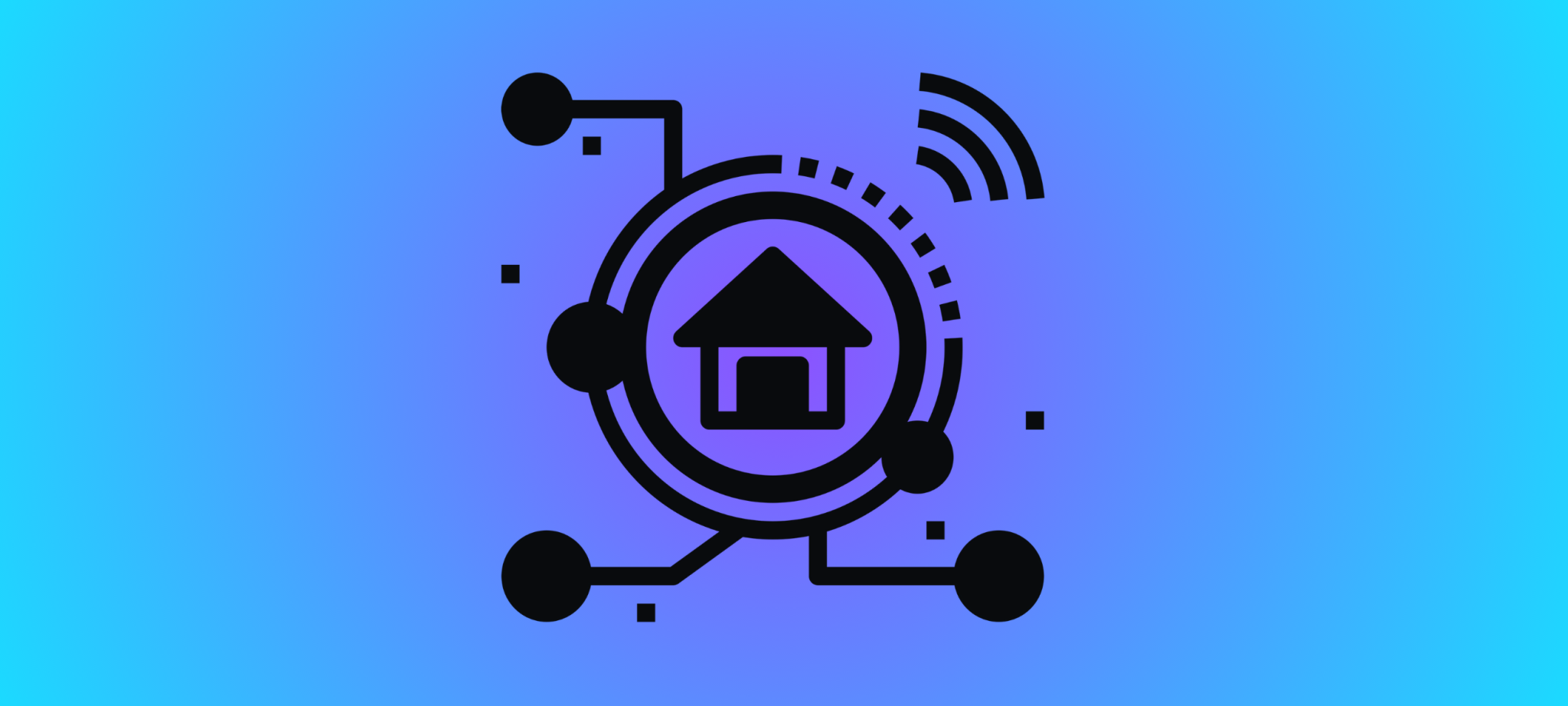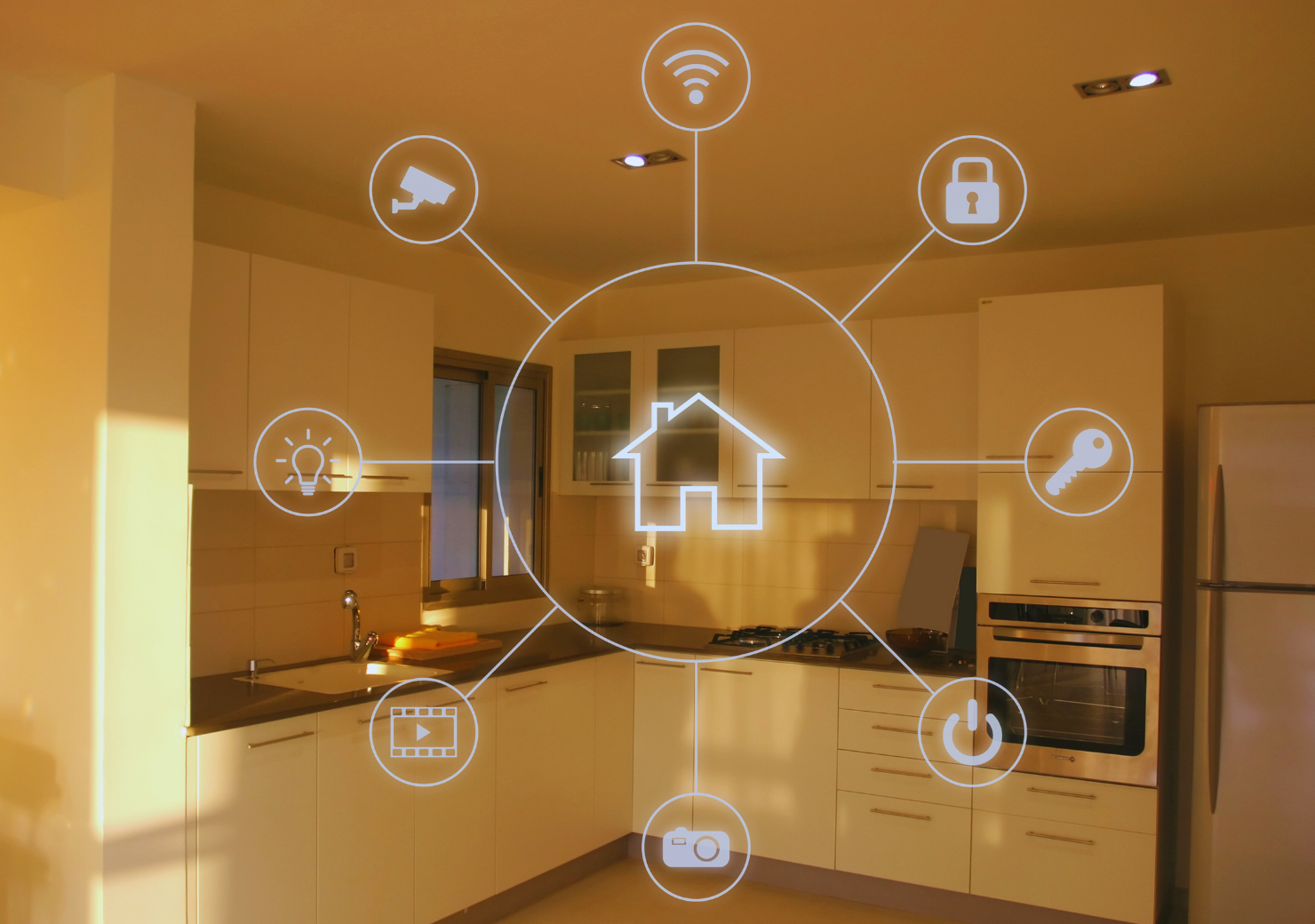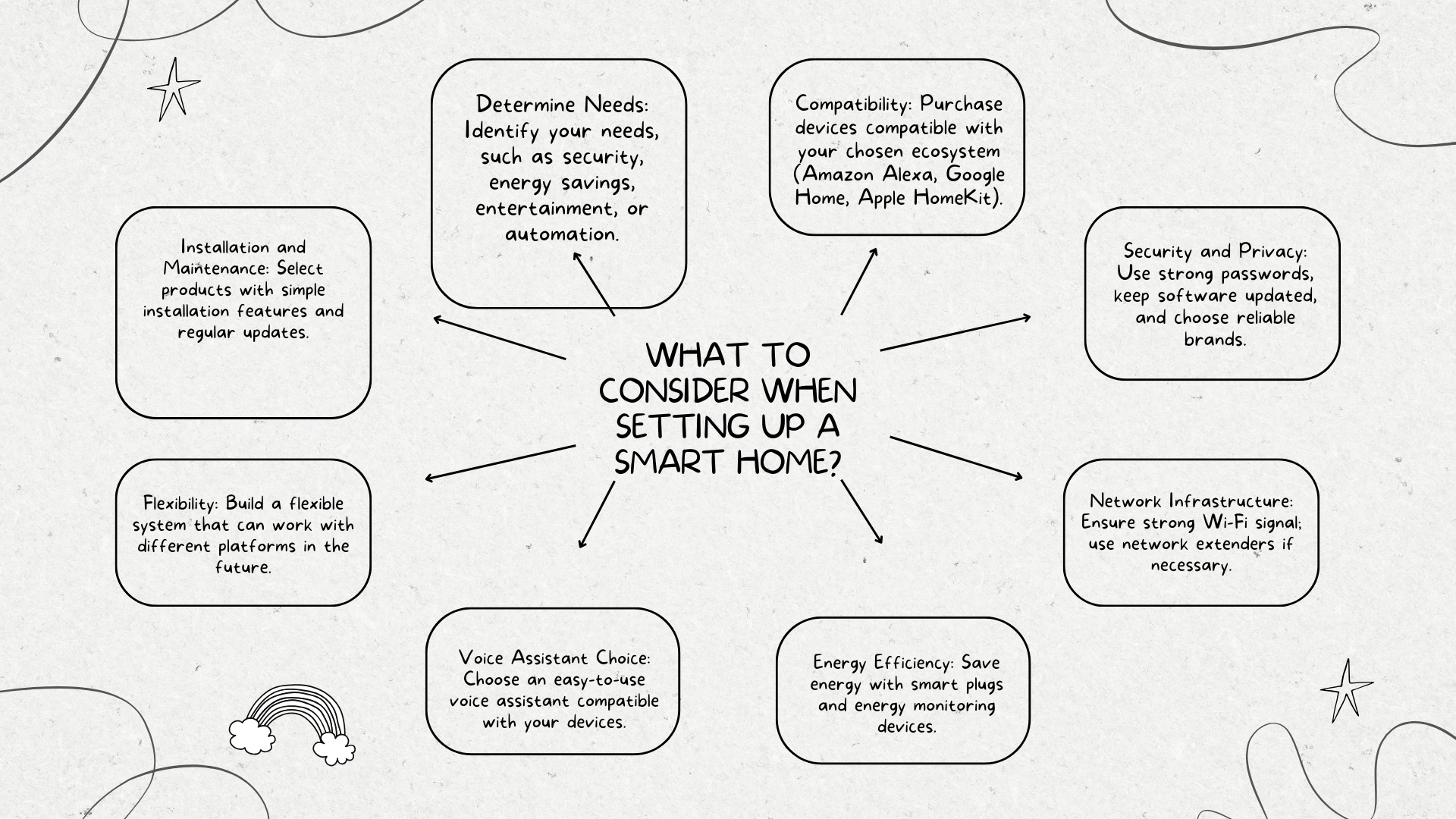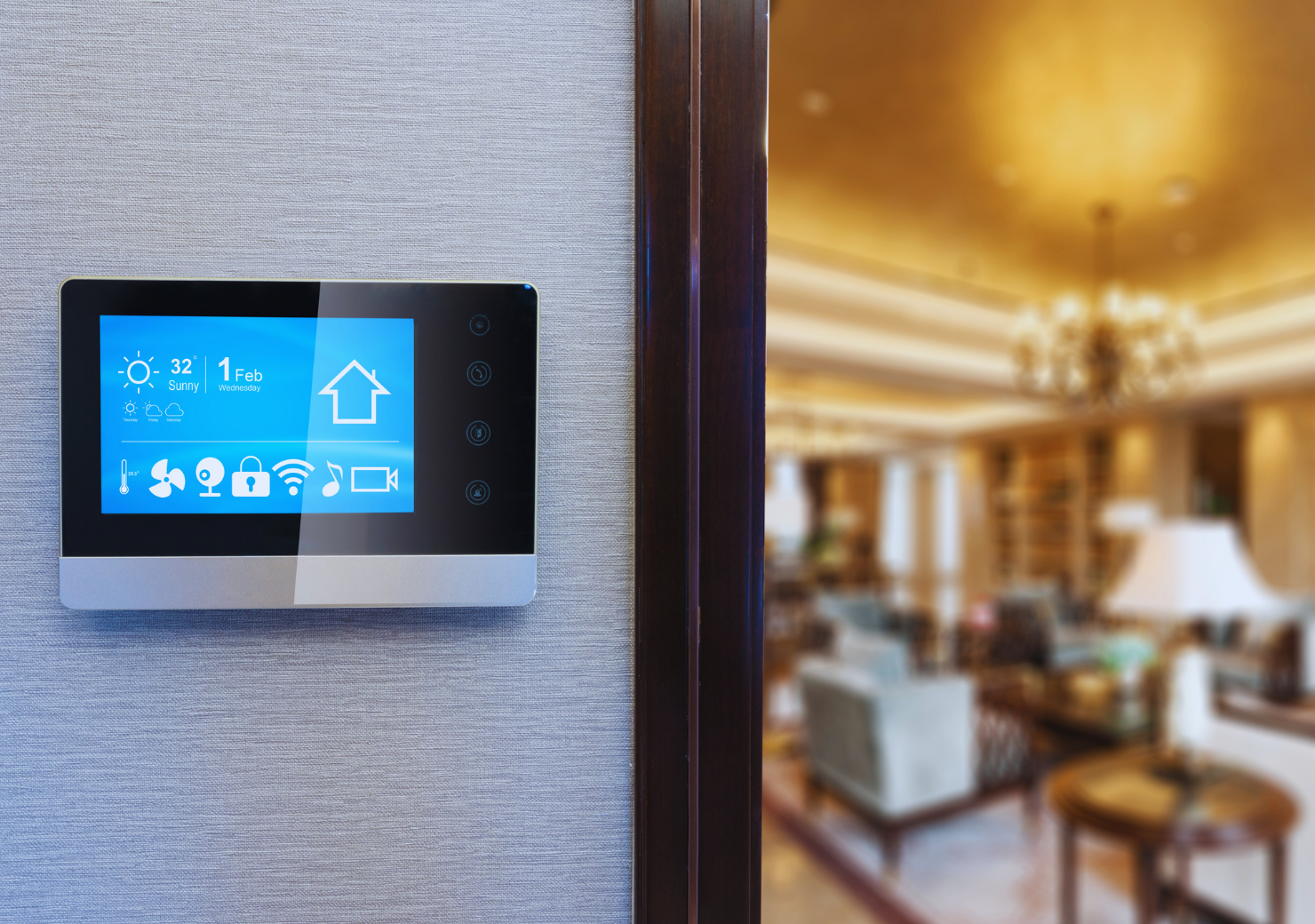Today, smart home technology is rapidly shaping our homes. A good smart home ecosystem not only simplifies our daily lives but also provides significant advantages in terms of security, energy savings, and ease of use. The three major technology giants, Google, Amazon, and Apple, offer distinct smart home platforms to make users’ homes more connected and manageable. This article presents a detailed analysis of Google Home, Amazon Alexa, and Apple HomeKit ecosystems in terms of security, compatibility, price, voice assistant features, integration, and more to help you choose the best option.
Google Home, Alexa, or Apple HomeKit: Which Smart Home System is More Secure?
Apple HomeKit stands out in terms of security. As smart home devices increasingly process personal data, security has become one of the most critical factors. Apple HomeKit takes a privacy-first approach, offering local data storage and encryption features that position Apple as a strong leader in security. While Alexa and Google Home also provide security measures, their data-sharing policies are not as strict as Apple’s. These platforms are more open to third-party data sharing, which may be a disadvantage for users prioritizing privacy compared to Apple.
Which is the Best Smart Home Assistant? Comparison of Google, Alexa, and Apple
Google Assistant is ahead in terms of natural language processing and information access. Leveraging Google’s powerful search infrastructure, Google Assistant can offer users more accurate and detailed responses. For instance, Google Assistant excels with complex commands or differently phrased questions. Alexa, with its extensive third-party integrations and customizable features, provides a broad range of functionality. Siri integrates seamlessly with Apple devices, but in terms of natural language processing, it lags behind Google Assistant and Alexa.
Price, Compatibility, and Convenience: Advantages of Google, Alexa, and Apple
Alexa leads in price-performance ratio and compatibility. Amazon Alexa, with its wide device compatibility and affordable options, is an attractive choice for budget-conscious users. Additionally, the large number of Alexa-supported devices allows users access to a broader range of options. Google Home offers a more effective experience with devices compatible with the Google ecosystem, although it struggles to match Alexa’s price advantage. Apple HomeKit tends to work with higher-priced devices and offers limited compatibility, though it provides seamless integration for Apple users.
Voice Assistant Features: Comparison of Google Assistant, Alexa, and Siri
Google Assistant is advantageous in terms of handling multiple commands and language support. Google Assistant improves user experience with its ability to process sequential commands in one go and its broad language support. Users can control multiple devices or actions simultaneously with a single command. Alexa offers a wide range of customizable “skills,” providing a broad array of functionality to meet users’ needs. Siri provides a good experience for Apple users but falls behind the other two assistants in recognizing and responding to commands.
Is a More Efficient Smart Home Possible with Google Home, Alexa, or Apple HomeKit?
All three platforms have the potential to increase efficiency. Smart home technologies provide significant efficiency gains in homes through energy management, security, and comfort. Alexa offers a practical experience by operating various devices together, thanks to its extensive compatibility. Google Home can make home automation more efficient by learning users’ habits with its powerful AI support. Apple HomeKit, with its strong security measures and simple automation options, provides reliable efficiency for users.
Privacy and Security Approaches of Smart Home Ecosystems: Which Platform is More Secure?
Apple HomeKit stands out with its privacy and security standards. Apple follows a strict policy regarding the security and privacy of user data. Measures such as local data storage and encryption help protect users’ sensitive information. While Amazon Alexa and Google Home provide certain security features, they stand out with more flexible data-sharing policies. Apple HomeKit is therefore a more reliable choice for users who prioritize data security.
Which Smart Home Ecosystem Has the Best Integration? Comparison of Google, Alexa, and Apple
Google Home offers the strongest integration with Google services. Google Home is well-suited to work with Android devices and other Google applications. With seamless integration with Google Calendar, Maps, and other services, Google Home becomes an attractive option for users within the Google ecosystem. Amazon Alexa, on the other hand, provides a user-friendly experience through its wide device compatibility and other Amazon services. Apple HomeKit, although limited to only Apple devices, offers a special integration for those using Apple products.
Key Considerations When Setting Up a Smart Home: Google, Alexa, and Apple Options
Choosing a system compatible with your existing devices is critical. When establishing a smart home ecosystem, it is important to check whether your existing devices are compatible with the platform you choose. Amazon Alexa, with its broad compatibility, supports a wide range of brands, while Google Home provides an effective experience specifically with Google devices. Apple HomeKit offers reliable compatibility with Apple products, though support for third-party devices is more limited. Therefore, selecting a platform with both your current and future needs in mind will be more efficient in the long run.

Future of Smart Home Technology: Will Google, Alexa, or Apple Lead?
Google has the potential to stand out more in the future with its AI integration. Google continues to enhance personal assistant and automation features by analyzing user habits, which points to significant potential to further improve the user experience. Amazon Alexa continues to provide a user-friendly experience with extensive compatibility and customizable features. Apple HomeKit, focusing on privacy and security-centered innovations, stands out, though it may be at a disadvantage in terms of user base due to its limited range of compatible devices.
In conclusion, choosing between Google Home, Amazon Alexa, and Apple HomeKit can vary depending on users’ needs and priorities. Google Home offers a more flexible smart home experience with powerful artificial intelligence and integration features, while Amazon Alexa stands out with broader device compatibility and price advantage. Apple HomeKit is an ideal choice for users who prioritize privacy and security. Ultimately, each platform has its own unique advantages, and the best choice should be determined based on users’ daily needs and lifestyle.
What is the percentage of usage rates of preferred brands in smart home ecosystems in the world by years?
According to the data obtained from https://www.kingsresearch.com/, the usage rates of the preferred brands in smart home ecosystems in the world according to years are as follows:
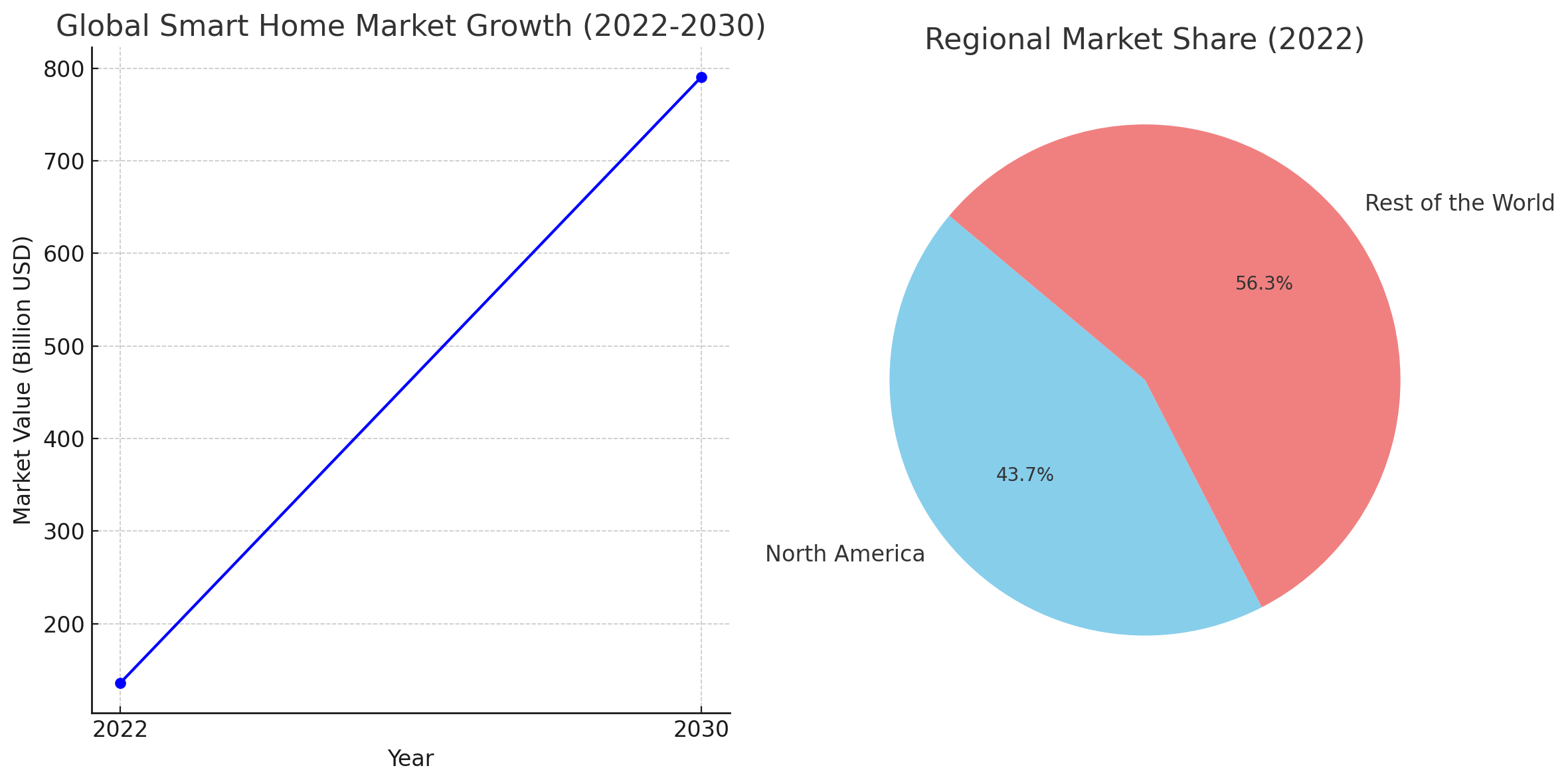
In global smart home ecosystems, Amazon Alexa, Google Home, and Apple HomeKit are the most widely used platforms, but detailed data on exact usage rates over the years is limited. As of 2022, the global smart home market was estimated at $136.14 billion, and it is expected to reach $790.19 billion by 2030, reflecting the increasing adoption of smart home devices. Regionally, North America accounted for approximately 43.67% of the global smart home market in 2022, with a valuation of $59.45 billion, where Amazon Alexa and Google Home are particularly popular. Although market research reports and financial disclosures from companies provide a general sense of the adoption rates of these platforms, specific annual usage rates are not publicly available.


